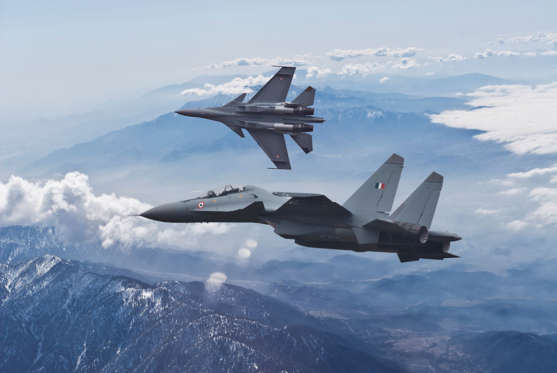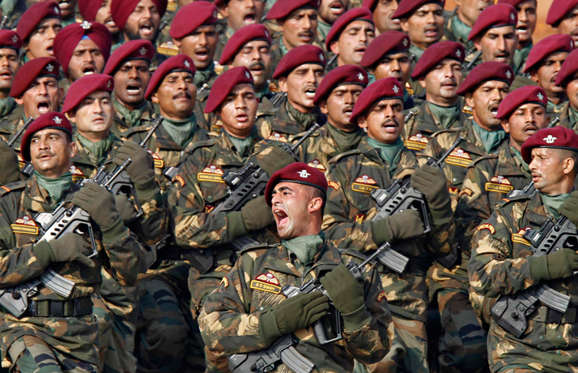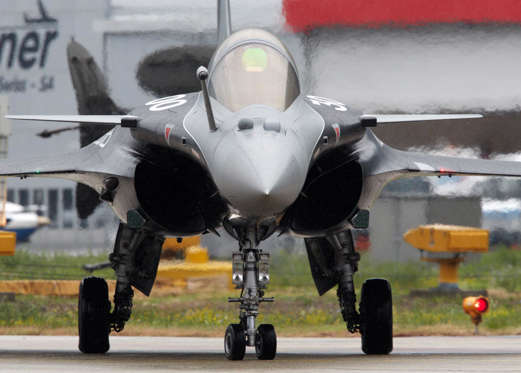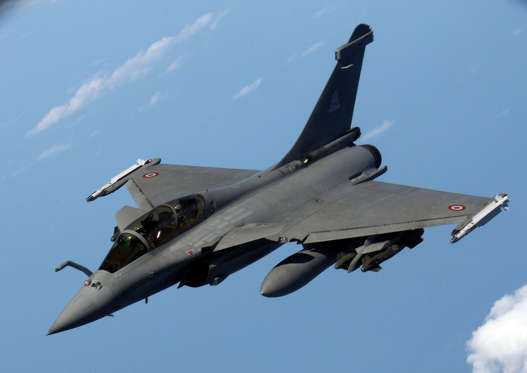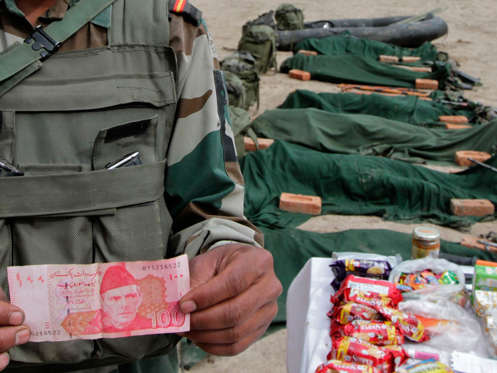Rafale deal: France rejects India's 50% offset clause, offers to participate in 'Make In India'
New Delhi: The French government has rejected Indian negotiators' demand for a 50 per cent offset clause citing sharp cost escalation but offered to participate in 'Make in India' projects to carry forward the talks for 36 Rafale fighter jets that have hit turbulence.
Defence sources said India's insistence on the offset clause, tweaking of weaponary technology and plans to set up two bases for Rafale fighter jets would lead to cost escalation.
Offset policy was first introduced as part of the Defence Procurement Procedure (DPP), 2005, under which a foreign company has to invest back a portion of the deal into India.
"The 50 per cent offset clause was part of the original tender that was floated for 126 fighter jets. The French President and Indian Prime Minister have now decided to go in for a direct purchase of 36 Rafale jets. So, how can 50 per cent offset clause be asked when the French are offering the fighters at the same rate at which its Air Force is buying," defence sources said.
They added the French have instead offered to undertake 'Make in India' initiatives. "The French can look at the option for making Falcon business jets in India or even the Rafales for future besides other projects," the sources said, adding the French government has made it clear that their companies would like to be part of 'Make in India' initiative.
The sources said the offset clause will simply drive up the cost of each aircraft.
PHOTOS: India's military might packs a mean punch
It is not just the offset clause that the French are worried about. Indian Air Force wants to integrate a Israeli helmet mounted display with the Rafale fighter jets besides tweaking the weaponry technology so that the aircraft can fire a missile other than what the Rafales carry. The missile, sources said is of American make.
"The changes asked for are not like changing tyres in cars. It takes time, effort and money, all of which will again drive up the cost," the sources said.
Also, India wants to set up two bases for the 36 Rafale jets. This means twice the planned machinery, testing facilities besides others which would again jack up the prices, the sources said.
Both Qatar and Egypt, which have struck similar deals with the French government, have gone in for one base only.
"Can understand that India's strategic needs might be different but generally two bases are needed when one has more than just two squadrons of a particular aircraft. Setting up of two bases will also cost more," the sources said.
"The benchmark for the prices are already there since the deals with Egypt and Qatar have been struck. The price of the aircraft to India cannot be less than what the other two countries have bought it for," the sources said.
They added that no talks have been held between the two sides in the recent past, indicating a likely stalemate.
Prime Minister Narendra Modi had during his visit to France announced his decision to buy 36 Rafale fighter jets citing operational necessity of the IAF.
The announcement had come as a boost for the modernisation plan of the IAF as the original deal for 126 Rafale jets through a tendering process was stuck for years. India has constituted a committee headed by Air Marshal SBP Sinha to hold negotiations with the French.
France is offering the Rafale jets at almost the same price its Air Force is buying it from the original manufacturer Dassault Aviation.
